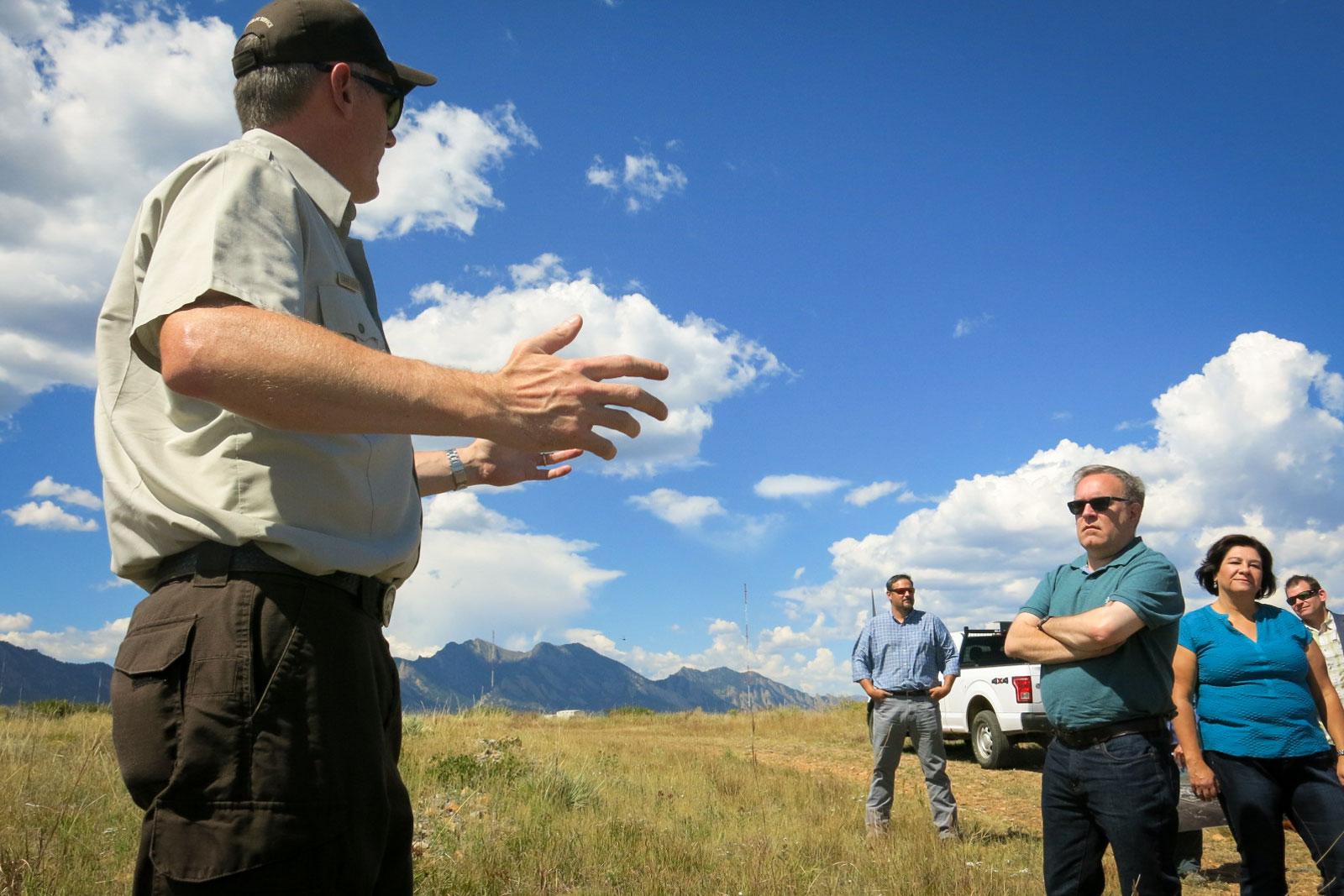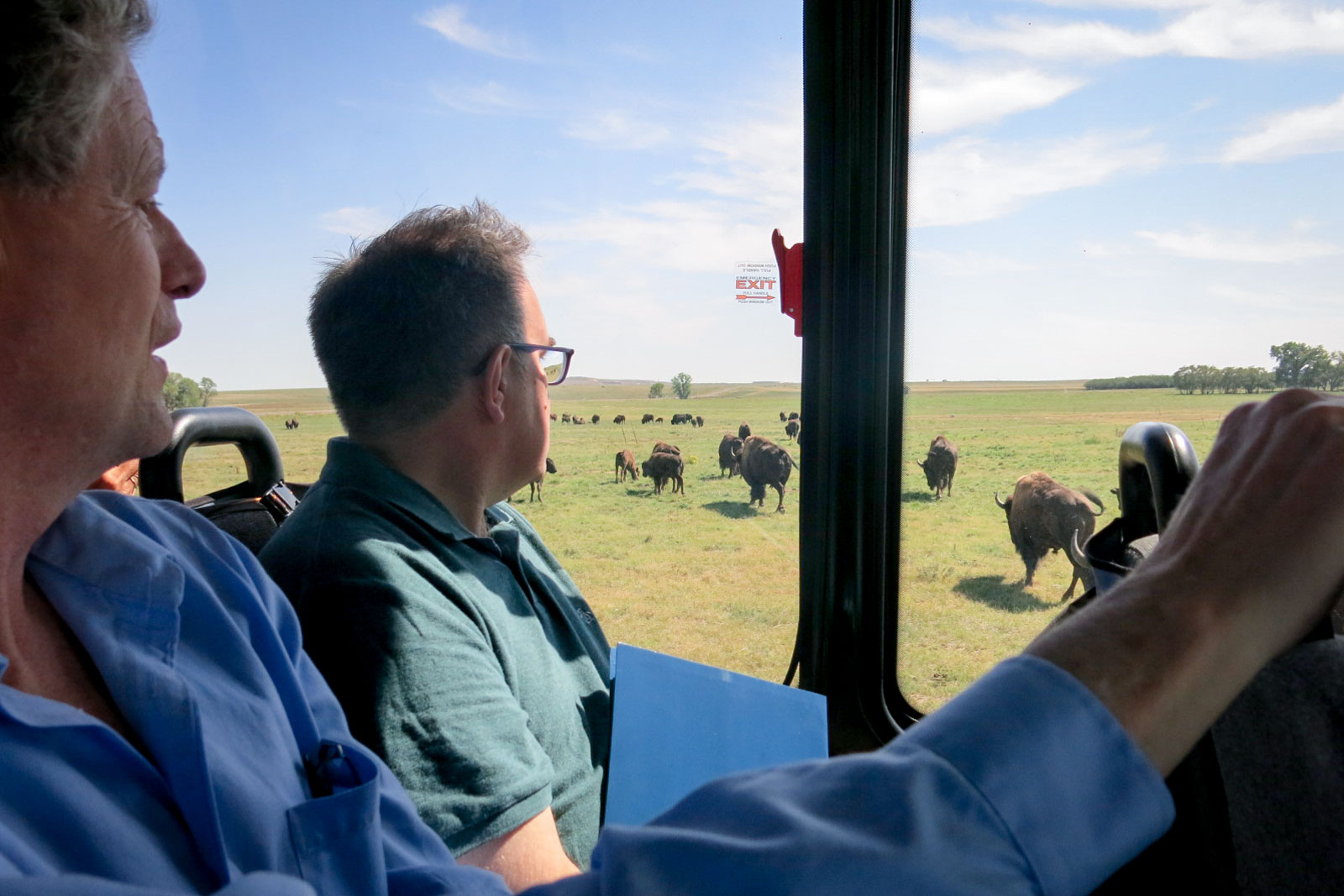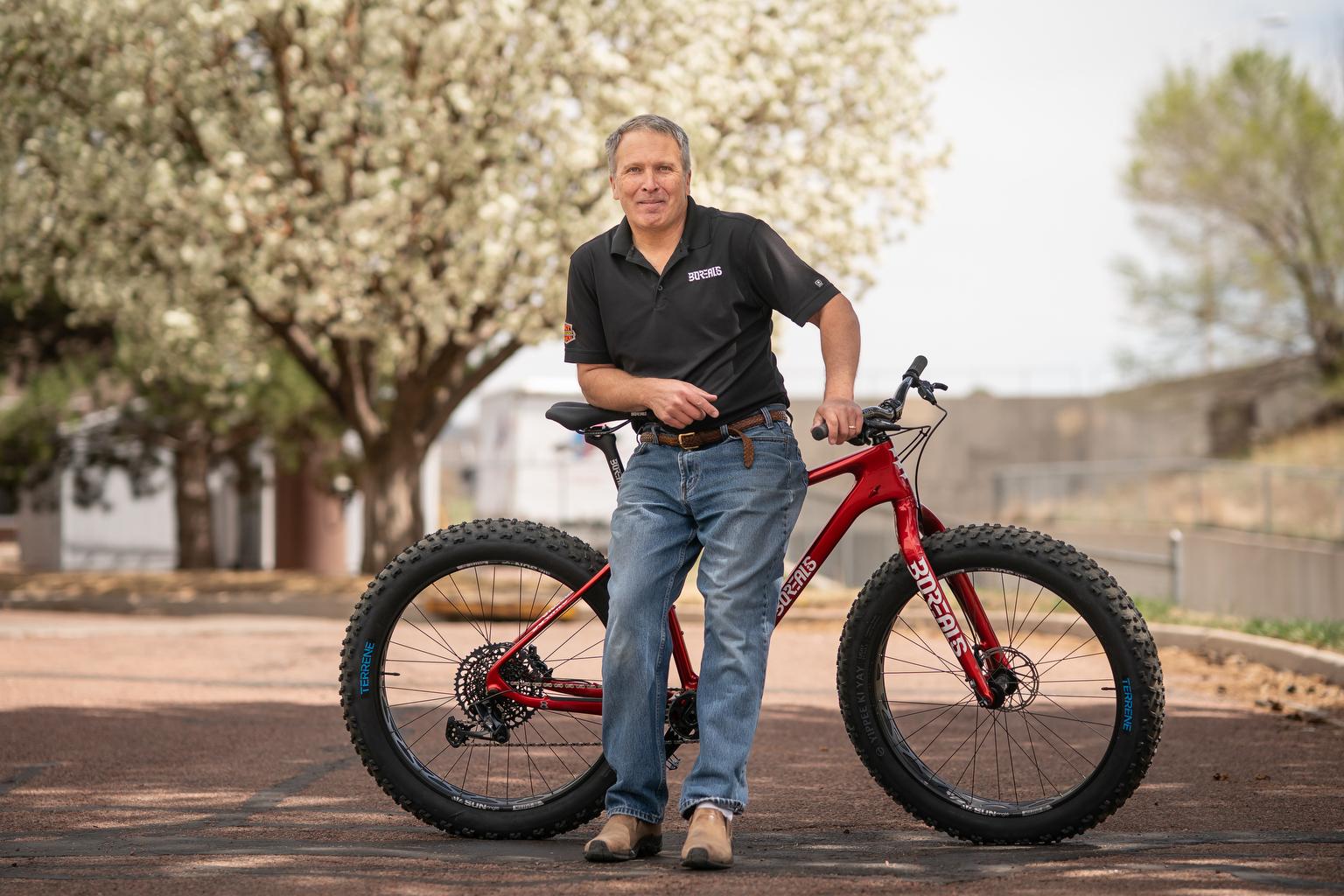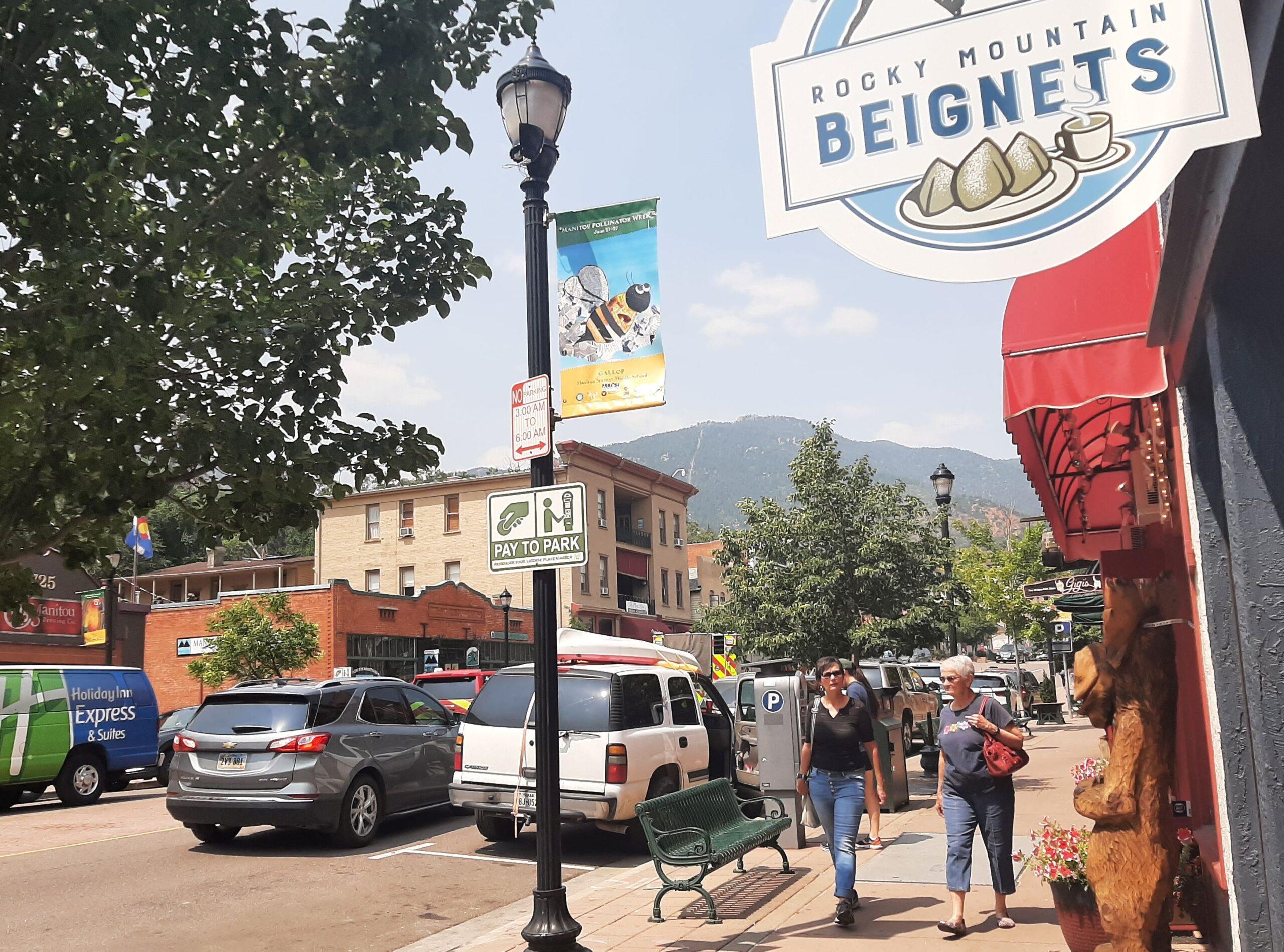

On Sunday, acting Environmental Protection Agency administrator Andrew Wheeler toured soon-to-be-opened trails on the buffer zone outside a former nuclear weapons production facility.
“It is safe,” Wheeler said of the 10.3 miles of trails at Rocky Flats National Wildlife Refuge.
“We’ve had a number of different scientists come out here,” he added. “We’ve done a lot of monitoring over the years. We believe it’s protective of human health.”
Environmental groups have tried several unsuccessful legal maneuvers to prevent Rocky Flats from opening to the public. Among other issues, they were worried about migrating plutonium in the soil. A judge disagreed, ruling that activists did not produce sufficient enough evidence to show that radioactive exposure was bad enough to cause harm.
But that didn’t stop several school districts from jumping into the safety debate. Denver Public Schools, among others, have barred students from visiting the site.
“I plan to come back and hike here, I think it’s a beautiful location,” said Wheeler referring to the tall-grass prairie ecosystem that covers much of the 89,000 acre site. A herd of elk has taken up residence, as have Preble’s jumping mouse.
Wheeler replaced a scandal-ridden predecessor, Scott Pruitt. While he’s a newcomer to the job, he’s not an EPA newbie. One of his first jobs was at the agency. Wheeler is a career civil servant who so far has had a smooth tenure. He’ll meet with EPA staff at Region 8 headquarters Monday.

In addition to Rocky Flats, Wheeler also toured the Rocky Mountain Arsenal Wildlife Refuge. Intent on making Superfund cleanup a top priority in the Trump administration, Wheeler has his work cut out for him. Some of the most complicated and toxic cleanup projects in the West aren’t connected to the Cold War. They’re connected to the gold rush, and the U.S. mining industry. Before his Colorado visit, Wheeler toured several abandoned mines Saturday in Montana.
Wheeler’s predecessor created a Superfund priority list of about a dozen sites that include Gold King and the Bonita Peak Mining District north of Durango. But there was no funding directly attached to the list.
“We need to do a better job, we need to do a job like what we’ve done at Rocky Flats, where career employees had the political leadership talk to them about best to do something safely, quickly and get it done,” said local Region 8 Administrator Doug Benevento.
From toxic mines to plutonium-laced soil that required clean up at Rocky Flats, a lot of environmentalists point to Colorado’s historic toxic legacy as the reason why drinking water and soil protections are needed. They see it as a stark contrast to President Donald Trump’s agenda to take greater deregulatory actions, including the Clean Power Plan replacement. That proposal is estimated to lead to 1,400 premature deaths due to higher levels of air pollution.
Repeating an argument that predecessor Scott Pruitt often made, Wheeler countered that the country can have a deregulatory agenda and protect the environment at the same time.
“This summer we released our Air Trends Quality Report which shows the air quality in our country is 73 percent cleaner than it was in the 1970s. All of the regulations that got us to that 73 percent cleaner are still in effect today, they’ll still be [in effect] tomorrow, they’ll still be in effect a year from now.”









